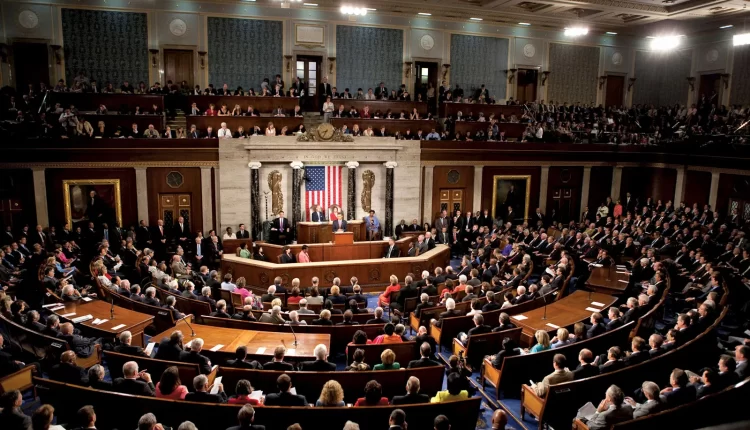QAMISHLI, Syria (North Press) – Two US Senators presented on Wednesday the Assad Regime Anti-Normalization Act bill to counter normalization with the Syrian government and extend the sanctions imposed by the Caesar Syria Civilian Protection Act.
Republican US Senators Jim Risch, ranking member of the Senate Foreign Relations Committee, and Marco Rubio, introduced the legislation that would extend the current Caesar sanctions on Syria to 2032 and prohibit the US government from normalizing ties with al-Assad
“Despite a growing mountain of evidence against Assad for war crimes, there has been a troubling wave of efforts to rehabilitate and whitewash the regime and its crimes,” said Risch.
“This legislation enforces a policy of diplomatic and economic isolation against the Assad regime and its enablers and sends a strong signal that we will continue to seek accountability for all atrocities,” Risch added.
The Caesar Syria Civilian Protection Act, also known as the Caesar Act, is a US federal law that was signed into law in December 2019 by former US President Donald Trump.
The Act imposes economic sanctions on the Syrian government and its supporters, including individuals and entities, who are found to be involved in human rights abuses or undermining the political process in Syria.
US senator Rubio said the US must restrict any efforts of normalization of ties with “the criminal Assad regime. There is no reason why our nation should grant this bloody dictatorship international legitimacy. This bill would prioritize the efforts needed to limit our recognition of this anti-democratic tyranny.”
Additionally, the new legislation specifically targets the countries that have initiated normalization efforts with the Syrian government. It also expands sanctions on senior officials in the Arab Socialist Ba’ath Party in Syria and Syrian People’s Assembly (Syrian Parliament).
On May 7, the Arab League agreed on Syria’s official return to its seat in the Arab League after more than 10 years of suspension.
Since then several Arab countries, such as UAE Saudi Arabia, Jordan and Lebanon have engaged and held talks with the Syrian government to address the refugee crisis and the drug trade.

